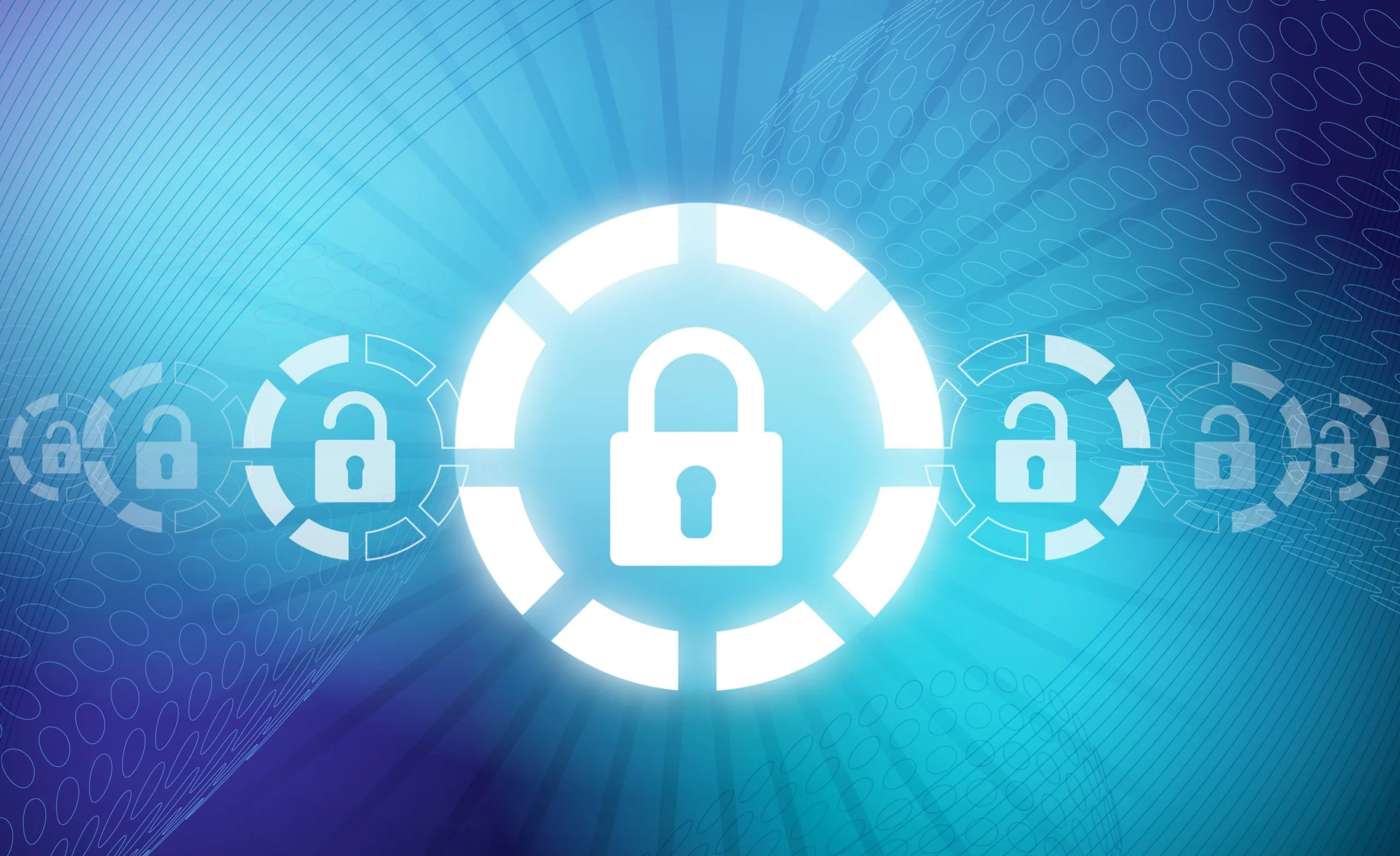At this stage, you should know what SSL certificates are. If not, check out our post which clearly explains what SSL certificates are! Now that you know what they are, it is important to understand there are different types available, all providing individual kinds of internet security. The encryption level is the same for all certificates, but the vetting and verification process is what differs.
The three types are:
- Domain Validated (DV SSL)
- Organization Validated (OV SSL)
- Extended Validated (EV SSL)
DV SSL Certificates are the first level and are checked against domain registry. The Certificate Authority (CA) simply verifies that the organisation has control over the concerned domain. There is no organisation personal information which is identified, therefore should never be used for commercial purposes. Those who visit websites with a DV SSL cannot see if the business’ site is legitimate, therefore will often not trust the security of the site and not pursue to enter the site. Although the cheapest option, they are a high-risk certificate to use on a public website.
OV SSL Certificates are the second tier of a certificate which you can purchase. This level means organisations are strictly authenticated against government hosted business databases. The CA validates the ownership of the domain as well as organisation information which will be included in the certificate e.g. name, city, and country. OV’s contain legitimate business, because of this, documents potentially need to be exchanged or even contact be made with personnel in order to prove the right of use. This is seen as a standard certificate for commercial or public websites.
The highest level certificate, the EV SSL. It can be seen that all the leading companies have an EV SSL as they have been seen to improve customer confidence, therefore, increasing sales. The CA validates the ownership, organisation information, physical location, and legal existence of the company. It also confirms if the company is aware of the SSL certificate request and then approves it, making it as efficient as possible. They are no longer a luxury, but a necessity!
Here are some of the questions to ask yourself before choosing an SSL certificate for you:
How many domains do I need to secure?
What type of website do I need to secure?
How important I think my customer’s trust is?
But, remember! Do not risk your business’ security by choosing an incorrect solution, think carefully, rationally and realistically.
For further insights and guidance, we invite you to explore our blog at 07hm.co.uk/blog. Here, you’ll find a wealth of information tailored to the needs and challenges of SMEs navigating the digital landscape. Additionally, if you have specific questions or need personalised advice, don’t hesitate to reach out to us via email at info@07hm.co.uk or telephone on 01702 410663.






